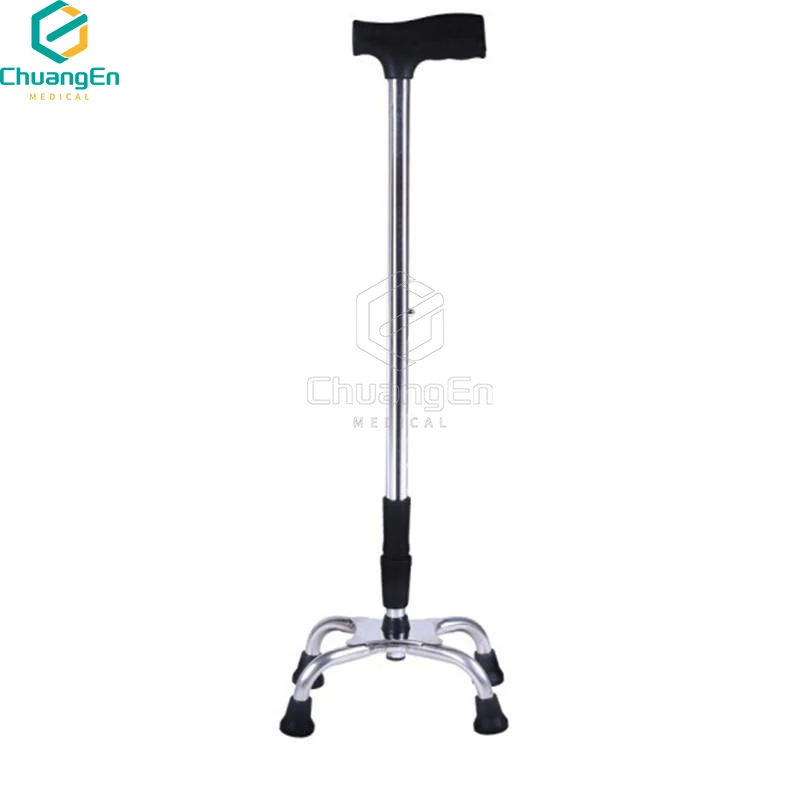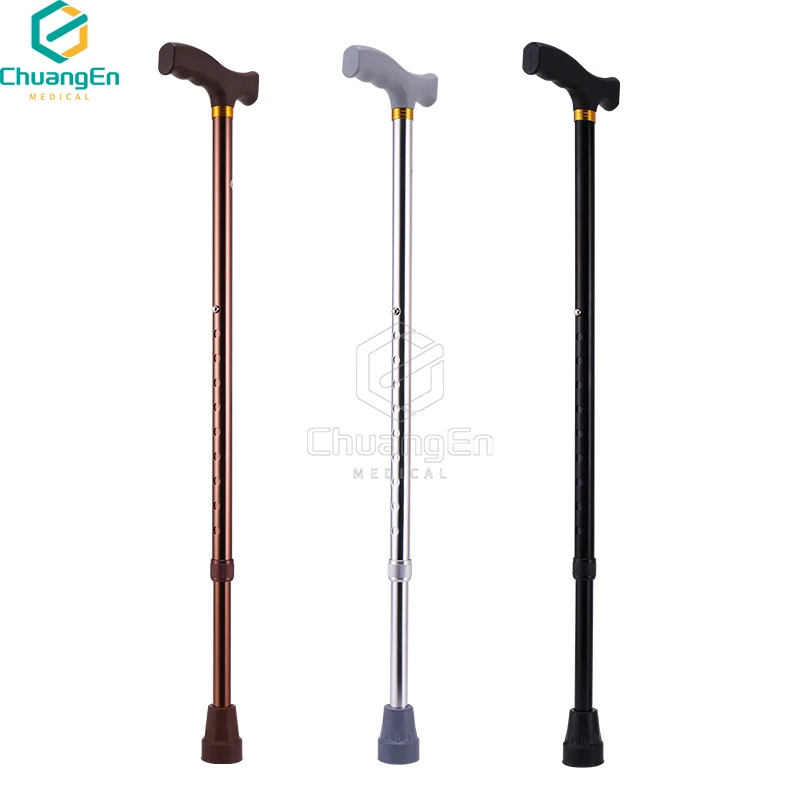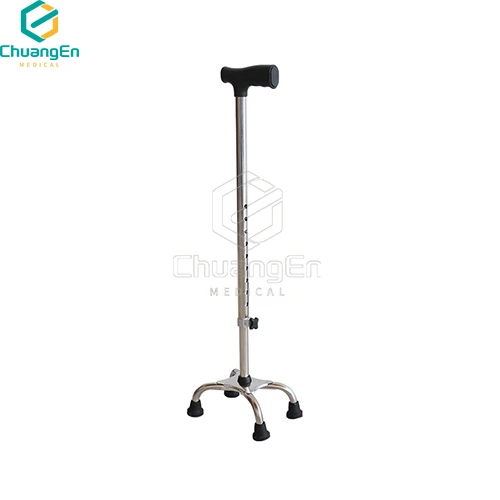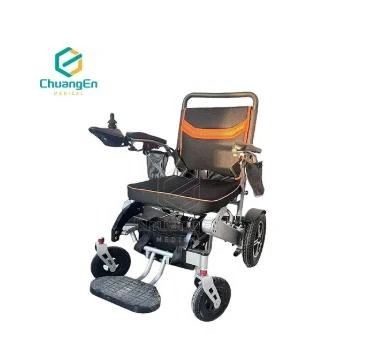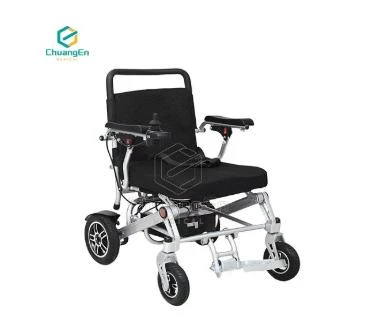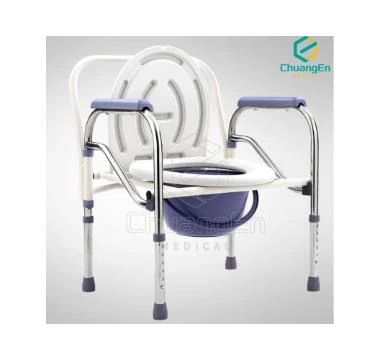- Technical Advantages of Modern Bed Pads
- Comparing Top Manufacturers in the Market
- Custom Solutions for Different Care Needs
- Real-World Applications and Success Stories
- Key Features to Evaluate Before Purchase
- Future Innovations in Pressure Sore Prevention
- Final Recommendations for Caregivers
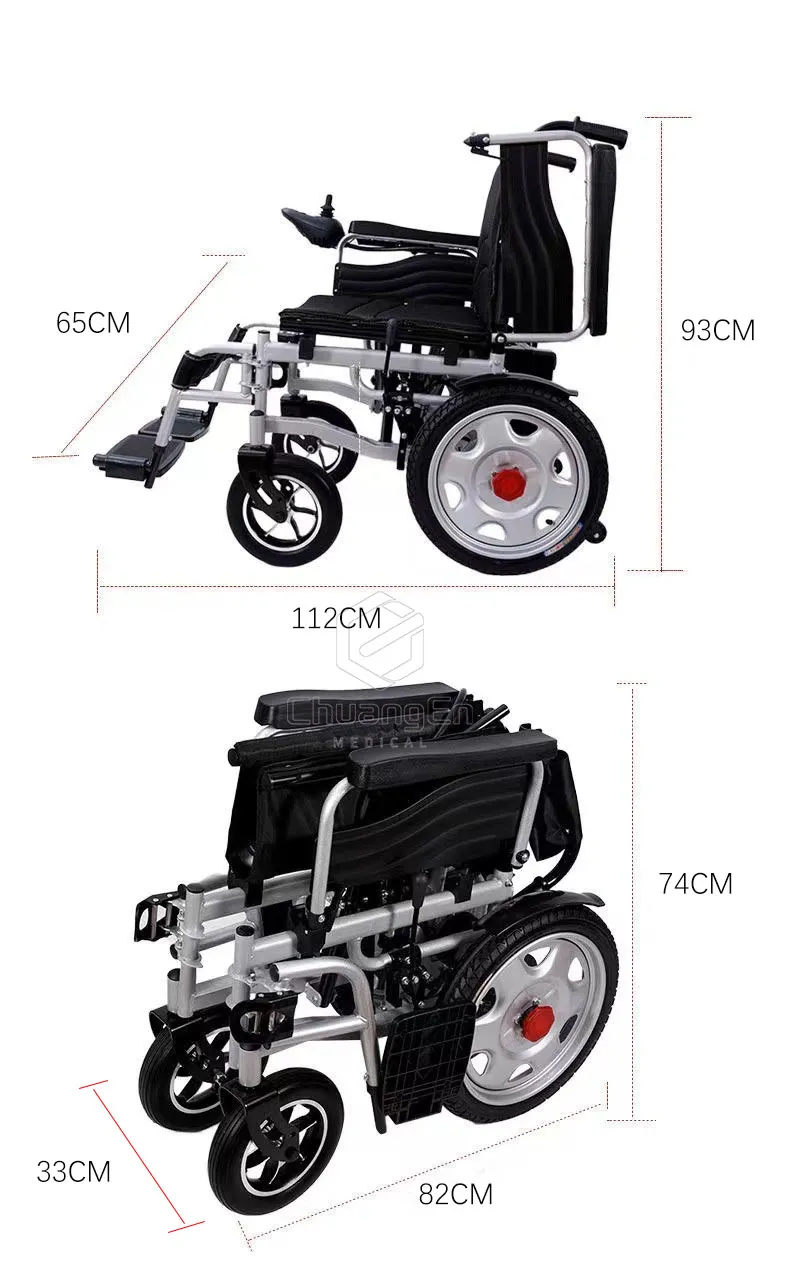
(bed pads for bed sores)
Understanding the Role of Bed Pads in Pressure Sore Prevention
Hospital-acquired pressure injuries affect 2.5 million patients annually globally, according to the National Pressure Injury Advisory Panel. Medical-grade bed pads reduce interface pressure by up to 45% compared to standard mattresses, as demonstrated in a 2023 Johns Hopkins clinical study. Advanced models now incorporate:
- Multi-layer viscoelastic foam with dynamic pressure redistribution
- Breathable, wicking covers maintaining 28-32°C microclimate
- Embedded sensors tracking repositioning frequency (every 2.7 hours average)
Manufacturer Comparison Analysis
| Brand | Core Technology | Price Range | Warranty | Hospital Adoption |
|---|---|---|---|---|
| Medline | Air-fluidized beads | $380-$650 | 5 years | 72% US hospitals |
| Invacare | Alternating pressure | $420-$720 | 3 years | 54% LTACs |
| Spenco | Orthopedic foam | $290-$510 | 7 years | 38% home care |
Tailored Solutions for Specific Needs
Specialized configurations address distinct clinical requirements:
- Bariatric models: Support up to 700 lbs with reinforced seams
- Post-operative versions: Anti-microbial coating (99.9% pathogen reduction)
- Home care editions: 18-22 dB noise levels for undisturbed sleep
Documented Case Studies
Memorial Hospital reduced Stage II+ pressure ulcers by 63% within 9 months after implementing sensor-equipped bed pads. Key metrics:
- ▄ 41% decrease in patient repositioning labor costs
- ▄ 88% patient satisfaction with comfort scores
- ▄ ROI achieved in 14 months through reduced wound care
Selection Criteria Breakdown
Essential evaluation parameters for caregivers:
| Factor | Ideal Specification | Testing Standard |
|---|---|---|
| Pressure Redistribution | <32 mmHg | ISO 20380:2018 |
| Moisture Vapor Transfer | >500 g/m²/24h | ASTM E96 |
Emerging Technologies Preview
Next-generation prototypes in development include:
- Self-adjusting smart foam responding to body temperature
- Machine learning algorithms predicting high-risk pressure points
- Biodegradable materials with 12-year lifecycle
Why Bed Pads Are Essential for Long-Term Care
The global market for pressure injury prevention products will reach $7.8 billion by 2029 (Grand View Research). Optimal bed pad selection can decrease wound treatment costs by $4,200 per patient annually. For best results:
- Prioritize models with clinical validation data
- Verify compatibility with existing bed frames
- Request trial units before bulk purchasing
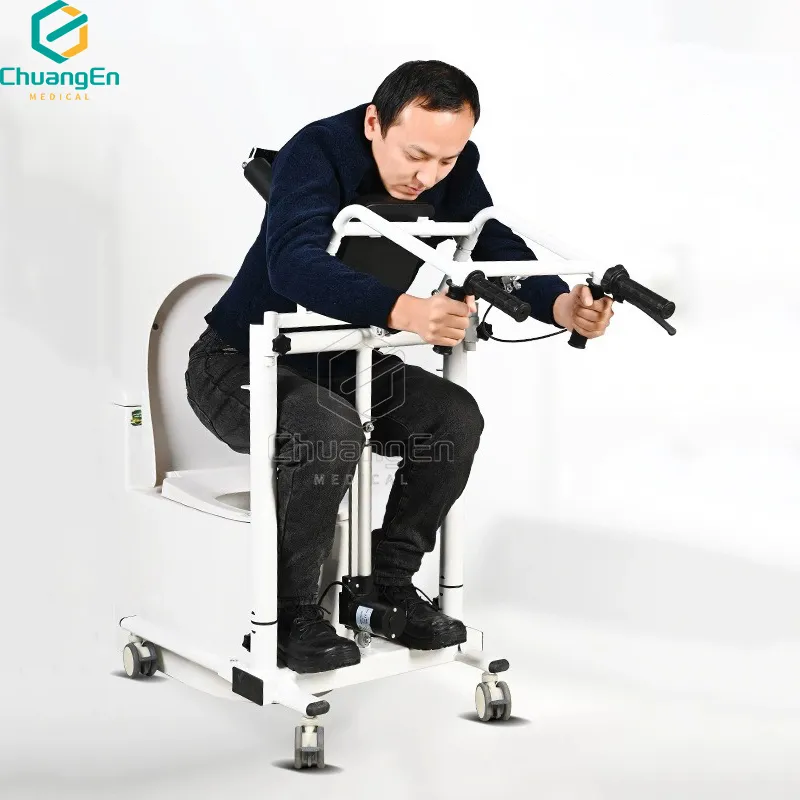
(bed pads for bed sores)
FAQS on bed pads for bed sores
Q: What types of bed pads are effective for preventing bed sores?
A: Gel, foam, and alternating air pressure bed pads are effective for preventing bed sores by redistributing pressure and improving blood flow. Medical-grade options with breathable materials offer added protection. Consult a healthcare provider for personalized recommendations.
Q: How do bed pads to prevent bed sores improve patient comfort?
A: Bed pads reduce friction and moisture, which are key contributors to bed sores. They provide cushioning to sensitive areas like the heels and hips. Many designs also feature temperature regulation for enhanced comfort.
Q: Are pressure pads for bed sores suitable for home use?
A: Yes, many pressure pads are designed for home use and are easy to clean and maintain. Look for lightweight, waterproof options with adjustable settings. Always follow manufacturer guidelines for optimal safety.
Q: Can bed pads for bed sores be used alongside other treatments?
A: Yes, bed pads complement repositioning schedules, skincare routines, and medical treatments. They enhance pressure relief but should not replace professional medical advice. Discuss a holistic care plan with your doctor.
Q: What features should I prioritize when selecting bed pads for bed sores?
A: Prioritize pressure redistribution, moisture-wicking materials, and durability. Adjustable firmness and hypoallergenic properties are also beneficial. Ensure the pad fits the bed size securely to avoid shifting.

